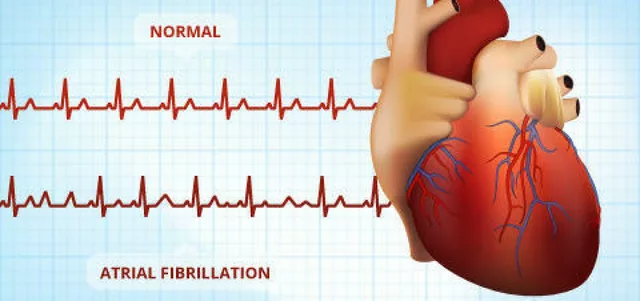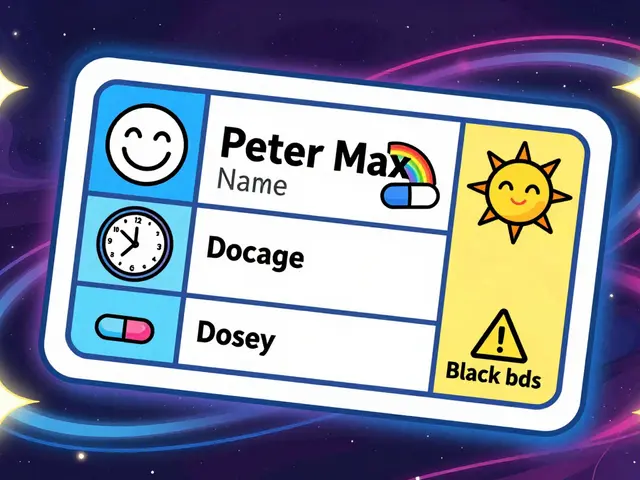Prescription Medication: What You Need to Know Before You Take It
When you get a prescription medication, a drug approved by health authorities for treating specific conditions under medical supervision. Also known as prescription drugs, it’s not just a pill you pick up—it’s a tool that can help or hurt depending on how you use it. Millions take these daily for high blood pressure, diabetes, depression, infections, and more. But too many people treat them like over-the-counter candy: pop one when you remember, skip doses when you feel fine, or mix them with supplements without asking a doctor. That’s where things go wrong.
Drug interactions, when one medication changes how another works in your body are one of the biggest hidden risks. Take dosage guidelines, the exact amount and timing your doctor or pharmacist tells you to follow—skipping them can turn a life-saving drug into a dangerous one. Didanosine, for example, can cause serious harm if mixed with certain antacids or other HIV meds. Orlistat might block fat absorption, but if you eat too much oil, you’ll get unpleasant side effects. Even common painkillers like ibuprofen can raise blood pressure or hurt your kidneys if taken too long. And don’t assume natural supplements are safe—they can clash with prescription meds too. Folate deficiency can mess with hormone levels, which might change how your thyroid or antidepressant works. Your pharmacist isn’t just there to hand out pills—they’re your safety net.
Medication safety, the practice of using drugs correctly to avoid harm isn’t about being perfect. It’s about being aware. Know what you’re taking, why you’re taking it, and what could go wrong. Check for side effects listed in the leaflet. Keep a list of everything you’re on—prescription, OTC, vitamins. Bring it to every doctor visit. If a new pill makes you dizzy, nauseous, or weirdly tired, don’t ignore it. That’s your body talking. The posts below cover real cases: how domperidone is used in pets, how desmopressin helps after surgery, how carbimazole needs careful monitoring for thyroid issues. These aren’t abstract science lessons—they’re stories of real people managing complex treatments. You’ll find comparisons between similar drugs, like how Zestril stacks up against other blood pressure pills, or how Claritin differs from Zyrtec. You’ll see what works, what doesn’t, and what to watch out for. No fluff. Just clear, practical info to help you take control—without guessing.
Athlete Anti-Doping Rules: Prescription Meds, TUEs, and Side Effects Explained
Learn how athletes can safely use prescription meds under anti-doping rules, navigate TUEs, and avoid side‑effect pitfalls. A practical guide for clean competition.






